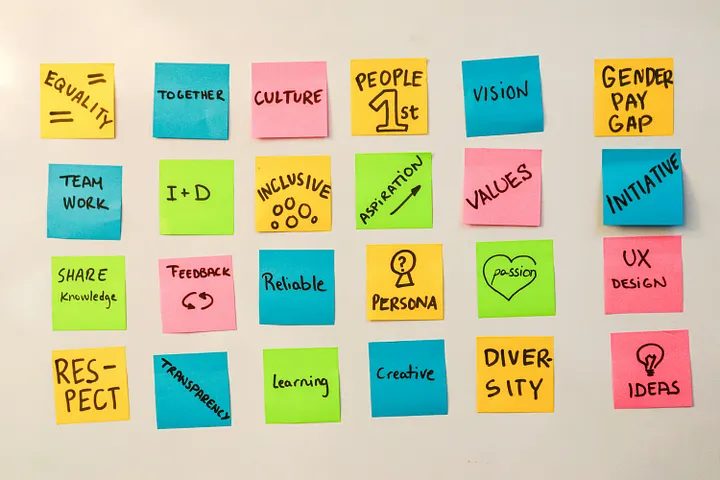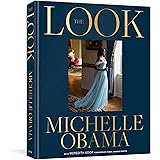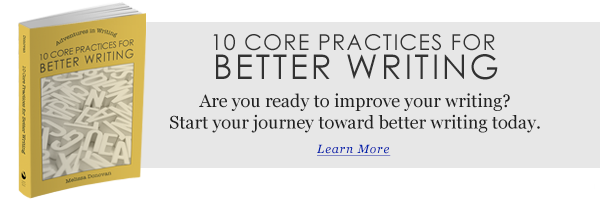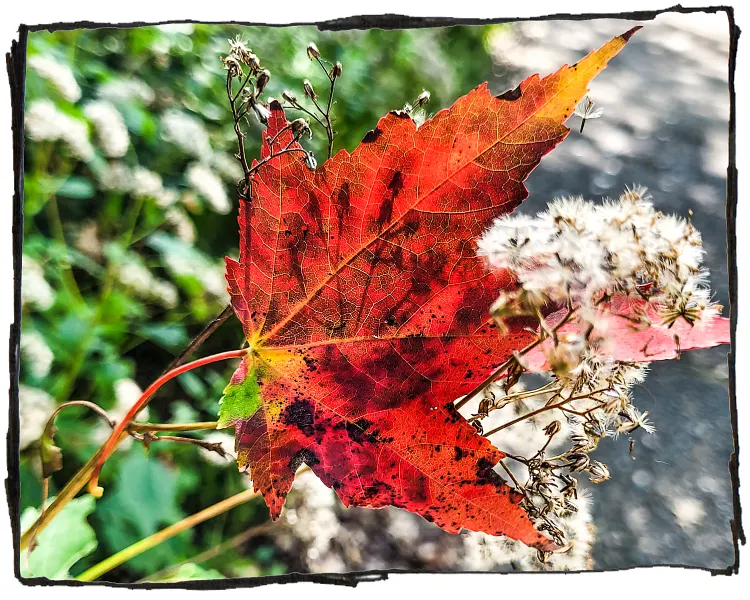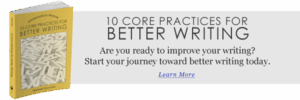Unlock the Secret Art of Turning Thoughts Into Powerful Words
When you don’t know what to write, try this first!
Long, long ago, before people knew how to write, they communicated by just relying on facial expressions and gestures.
They used hands, faces, and bodies to show feelings like happy, scared, or hungry. They made sounds like grunts, yells, and laughs to get attention or give warnings. Also, they drew pictures on cave walls, like animals or people hunting, to tell stories without words.
Before language had millions of words, humans spoke with only a few. The earliest “words” weren’t really words at all but sounds filled with meaning.
A sharp grunt might mean danger. A soft hum might call someone closer. A raised voice might signal anger or joy.
Over time, people began to notice patterns. They repeated certain sounds for certain things, like the cry for water, the call for fire, the whisper for sleep. Slowly, these sounds became more than noise and became shared signs.
Early writing systems began around 3200 BCE, when people started recording information so they wouldn’t forget important things.
- In Mesopotamia, they wrote with sticks on clay.
- In Egypt, they used picture-writing called hieroglyphs.
- In China, they wrote on animal bones.
Later on, around 1200 BCE, the Phoenicians made a new kind of writing, an alphabet with simple letters. The Greeks and Romans used those letters to make their own alphabets, and that’s how many of the letters we use today were born.
No, I’m not here to give you a long, boring history lesson about how language was born.
What I want to talk about is this: putting things into words isn’t easy.
There are so many feelings, thoughts, and experiences that are hard to describe, especially the ones you can’t see or touch. Even with all the amazing technology we have today, some things still don’t come out right when we try to say them.
Here are some ways I find helpful when I’m trying to brainstorm before I start writing, to bring out what I want to say
